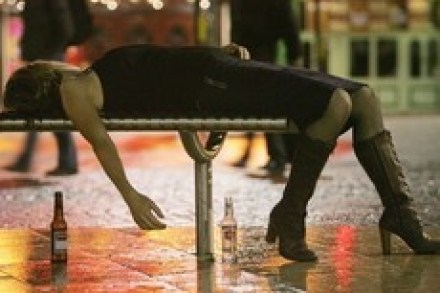Balls pitches for the leadership
The Ed Balls leadership cart is revving up a gear. He wants to position himself as the main mover behind the election campaign, now that Gordon Brown is dead in the water. It was his plan to stop Darling jacking up VAT to 20 percent, so he can accuse the Tories of wanting to do that (it’ll be more like 22.5 percent IMHO – but that’s another story). And now Balls has told tomorrow’s Sunday Times that Labour’s election focus will be on the family. “In the past I think our family policy was all about children,” says Father Balls. “I think our family policy now is actually about the



















